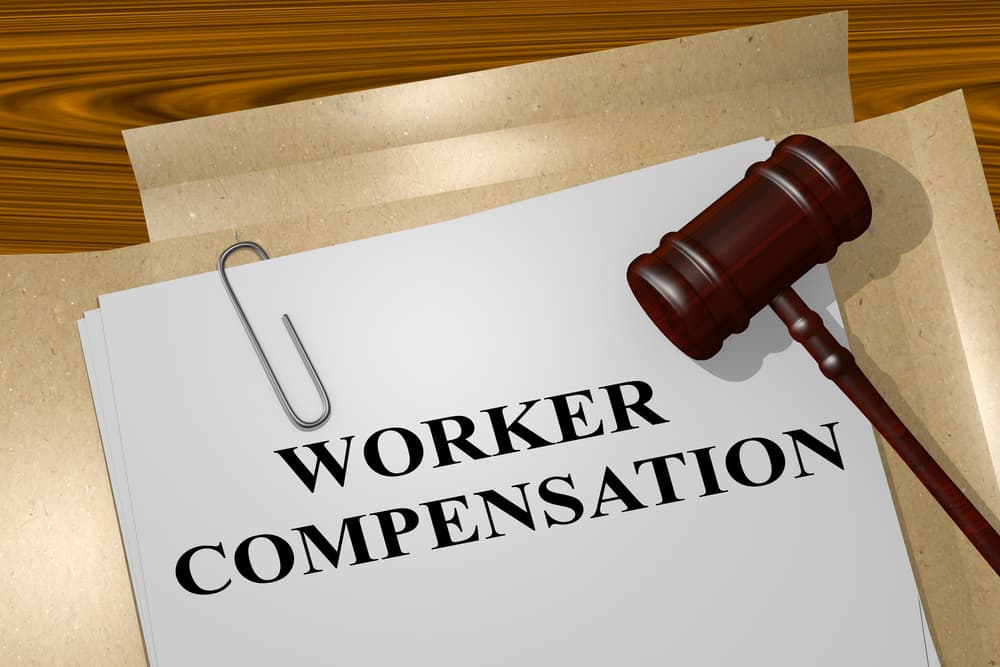
When you’re injured on the job, you expect workers’ compensation to catch you when you fall—literally and figuratively. It’s supposed to be a safety net, a system designed to support you while you recover. But what happens when your claim is denied? Worse yet, what if your own lawyer isn’t giving you the full picture?
Let’s peel back the curtain on what workers’ compensation lawyers often don’t tell you about denied claims—and what you need to know to fight back.
The Cold Truth: Denials Are Common—And Often Strategic
One of the first things many injured workers learn the hard way is that claim denials are more common than they should be. Insurance companies are businesses, and denying claims saves them money. What your lawyer may not emphasize is that denials are often part of a strategy: deny first, deal with the consequences later.
This tactic banks on you giving up.
The system can feel rigged because, in many ways, it is. A denied claim can seem like the end of the road—but it’s often just the beginning of a fight. The truth? Many legitimate claims are denied initially and later approved on appeal. But only if the worker doesn’t walk away.
Your “Injury” Might Not Be the Problem
Lawyers sometimes fail to explain that your injury isn’t necessarily the reason for denial. Instead, it’s about how the injury was reported, documented, or timed.
Insurance companies look for reasons to say your injury didn’t happen at work—or that it was pre-existing, insignificant, or unrelated. That paperwork you filled out at the ER? The time gap between your injury and when you told your boss? Those little details become big red flags in the hands of an insurance adjuster.
Some lawyers don’t dive into this level of detail unless you press them. But you deserve to know that workers’ comp is a game of documentation, and the smallest misstep can be used against you.
Your Lawyer Might Be Overwhelmed (Or Playing It Safe)
Let’s face it—workers’ comp attorneys are often juggling dozens, even hundreds, of cases. Many operate on volume, not personalized strategy. That means your case might not get the attention it truly deserves.
In other situations, your Brisbane Workers Compensation Lawyers might encourage a quick settlement rather than taking your denied claim through a lengthy appeal. Why? Because it’s faster and easier for them—even if it’s not what’s best for you.
What they might not say is that challenging a denial requires grit, time, and documentation. But with the right approach, appeals can and do succeed. Don’t let someone else’s convenience determine your outcome.
Medical Providers Matter More Than You Think
Here’s another secret your lawyer might not spell out clearly: who treats you can make or break your case.
Insurance companies often have preferred medical providers—doctors who may be biased toward minimizing injuries. Some lawyers don’t fight hard enough to get you seen by a neutral or more sympathetic specialist.
You have a right to seek a second opinion or request an independent medical evaluation (IME). And sometimes, doing that is the key to turning a denial into a win.
The Power of Your Own Voice
Workers’ comp cases aren’t just legal battles; they’re personal stories. One thing many lawyers forget to emphasize is the power of your own voice.
Appeals aren’t only about legal forms and doctor’s reports. They’re about you—your pain, your struggle, your side of the story. Judges and appeals boards respond to compelling personal narratives. The more involved you are in advocating for yourself, the stronger your case becomes.
You have the right to be heard, not just represented.
Final Thoughts: Don’t Give Up—Get Informed
A denied claim is not a final verdict. It’s a challenge—and sometimes, a test of perseverance. The system may be flawed, but it’s not hopeless. And while your lawyer is a valuable ally, they may not always tell you everything you need to know.
So here’s the truth:
-
Denials are common—but often reversible.
-
Details matter more than most realize.
-
You deserve clear, consistent communication from your legal team.
-
Medical opinions aren’t all equal.
-
Your voice matters in the outcome.
If your claim was denied, don’t walk away without a fight. Ask questions. Demand answers. And remember, the road to justice isn’t always easy—but it’s worth traveling.

